Don't hesitate to send a message
Web Menu
Product Search
Exit Menu
Investigating Whether Plastic Outdoor RV Mats Become Brittle in Winter or Cold Weather Conditions
Material Composition and Cold Temperature Behavior
Plastic Outdoor RV Mat is generally made from polypropylene or similar thermoplastic polymers, which are chosen for their durability, water resistance, and lightweight structure. However, plastics—especially those without cold-weather additives—can react to low temperatures by becoming less flexible and more prone to cracking under pressure. As temperatures drop, the molecular structure of the plastic tightens, reducing elasticity and increasing the risk of brittleness. For RV owners using these mats in winter, especially in sub-zero climates, it is important to understand how the material holds up against thermal contraction and physical stress in cold conditions.
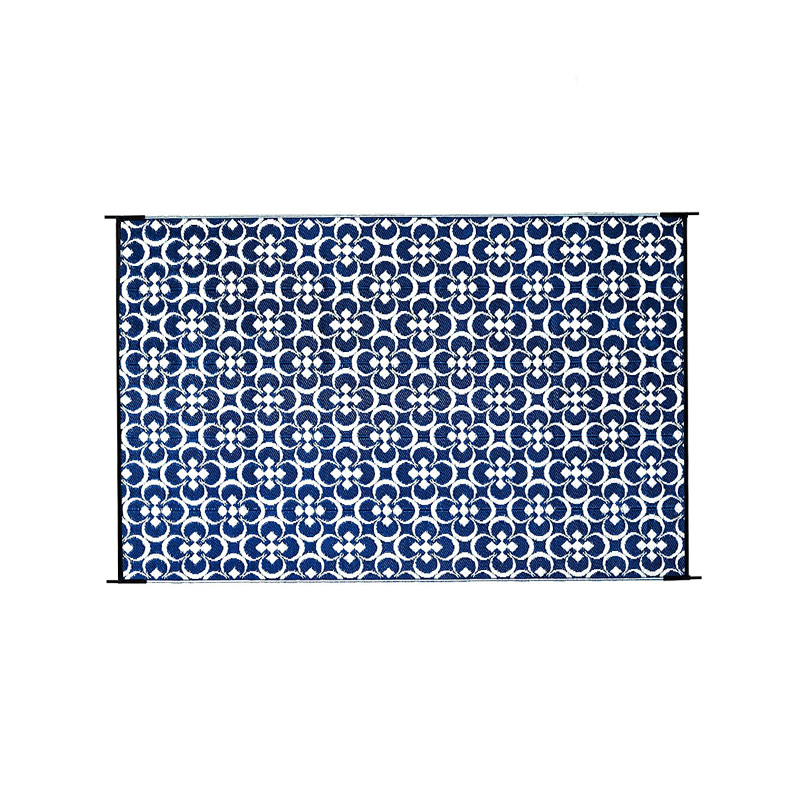
Performance in Typical Cold-Weather Environments
In moderately cold environments, such as early winter or late autumn conditions where temperatures hover around freezing, well-made Plastic Outdoor RV Mats continue to perform reliably without immediate signs of brittleness. The mats may feel stiffer to the touch or underfoot, but unless they are folded or subjected to sudden force, they typically maintain structural integrity. However, prolonged exposure to repeated freeze-thaw cycles, icy buildup, or low temperatures—particularly in mountain or northern climates—can accelerate material fatigue and increase the chances of cracking or splitting, especially in budget or low-grade models.
Impact of Folding, Rolling, and Storage in Cold Conditions
One of the common ways brittle behavior becomes apparent in low temperatures is during handling, such as folding or rolling the mat for transport or storage. If the Plastic Outdoor RV Mat has been exposed to the cold for a long period and is handled without allowing it to gradually warm up, the stiffened plastic may snap, crease, or tear. To avoid this, users are advised to bring the mat indoors or into a warmer environment before packing it up. Letting the material reach a more flexible temperature threshold can significantly reduce the risk of cold-related damage during handling.
Differences in Quality and Cold-Resistance Treatments
The likelihood of a mat becoming brittle in the cold is highly dependent on its manufacturing quality and whether it has been treated for cold resistance. Higher-end Plastic Outdoor RV Mats may include UV stabilizers and cold-weather flexibility agents that help maintain durability in bad conditions. Some models are specifically labeled for "all-season" or "four-season" use, indicating they have been engineered to withstand temperatures without becoming brittle. In contrast, cheaper alternatives may use thinner or less refined plastic that is more vulnerable to hardening and fracturing in winter weather.
User Practices That Help Prevent Cold-Induced Damage
Users who plan to camp or travel in cold environments can take several steps to preserve the life of their mat. Avoid dragging the mat across frozen or uneven ground, as this may create stress points that cause cracking. Second, refrain from folding or rolling the mat when it is still very cold; instead, store it flat or loosely rolled in a protected area. Third, consider placing the mat on a dry, insulated surface like a tarp or foam sheet to prevent direct contact with ice or snow. These practices help reduce stress on the mat’s structure and extend its usability through winter.
Conclusion
While Plastic Outdoor RV Mats are generally durable and weather-resistant, their performance in cold or winter conditions can vary depending on material quality and user handling. Low temperatures can cause plastic to become rigid and susceptible to cracking, especially during folding or under impact. Choosing high-quality, cold-resistant mats and following smart handling and storage practices can mitigate these risks. With proper care, these mats can continue to serve effectively in cold climates without becoming brittle, offering convenience and comfort throughout the seasons.
-
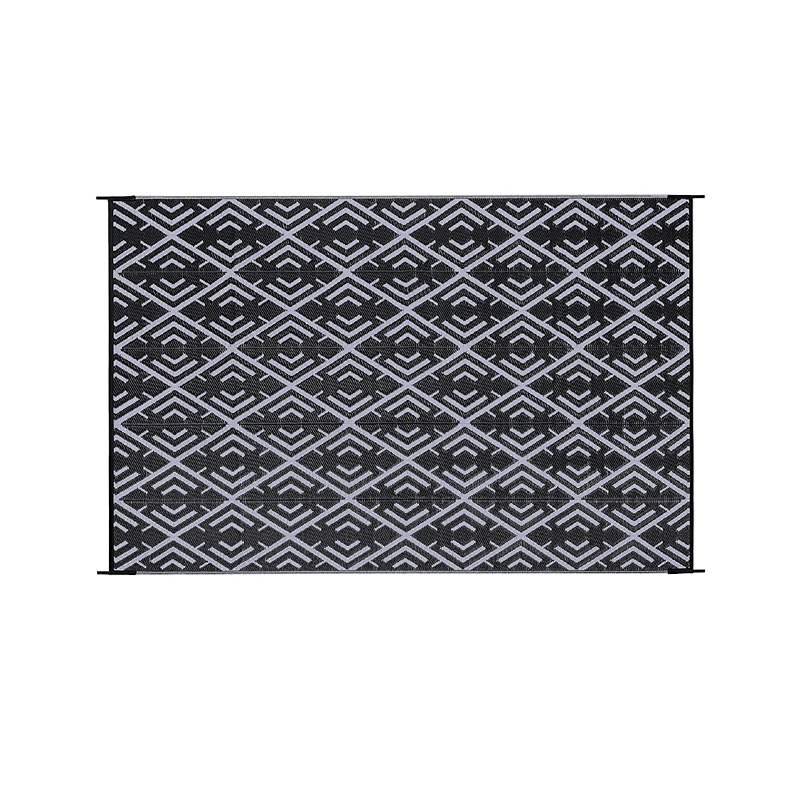
Lightweight Polypropylene Plastic Outdoor RV Mat
Features Weather-resistant polypropylene mat UV-stabilized to prevent fading Mold and mildew-resista...
-
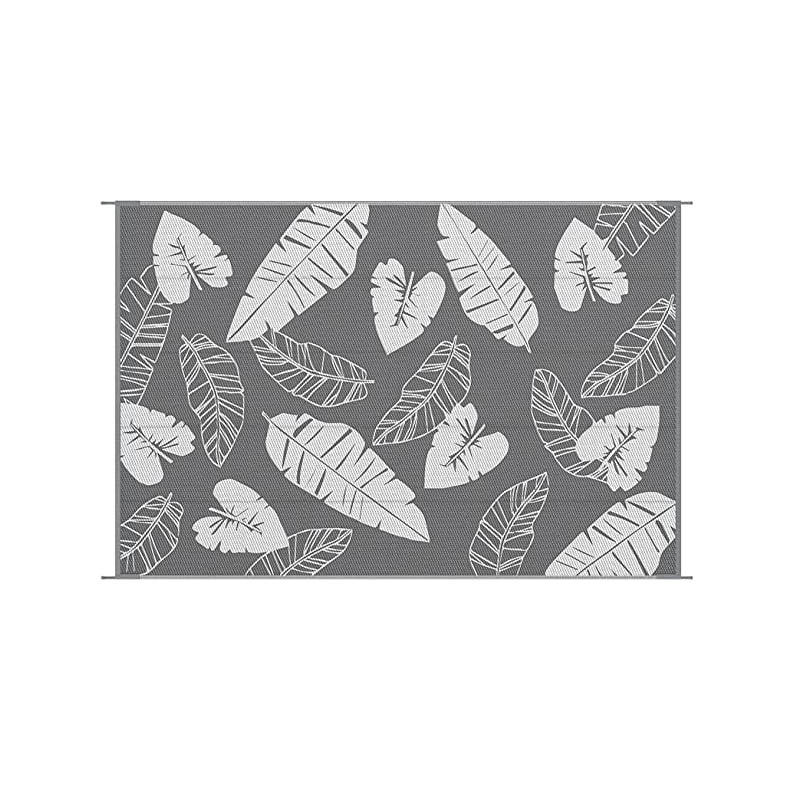
Large Foldable Anti-UV PP Weaving Straw RV Rug
Features Soft And Durable: Made with virgin polypropylene breathable material designed to be safe to...
-

Recycled Moistureproof Plaid Outdoor Mat For RV
Features Heavy-Duty & High Quality & Durability: Our heavy-duty reversible RV mats are made ...
-
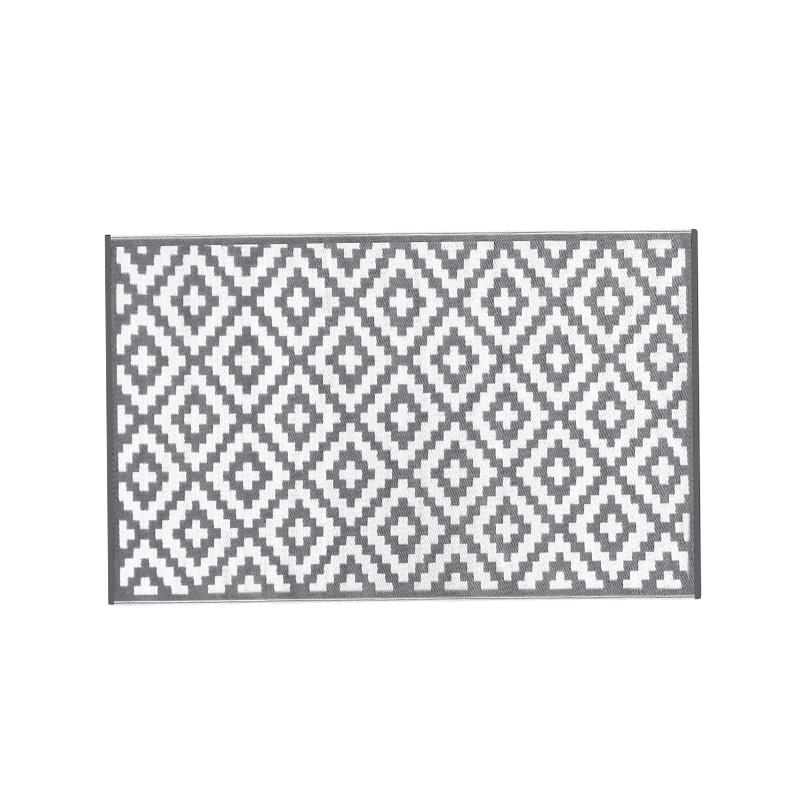
UV Resistant Patio Outdoor Rug
Features Reversible Stain-Resistant Straw Rugs: The outdoor rugs for patio clearance is a reversible...
-
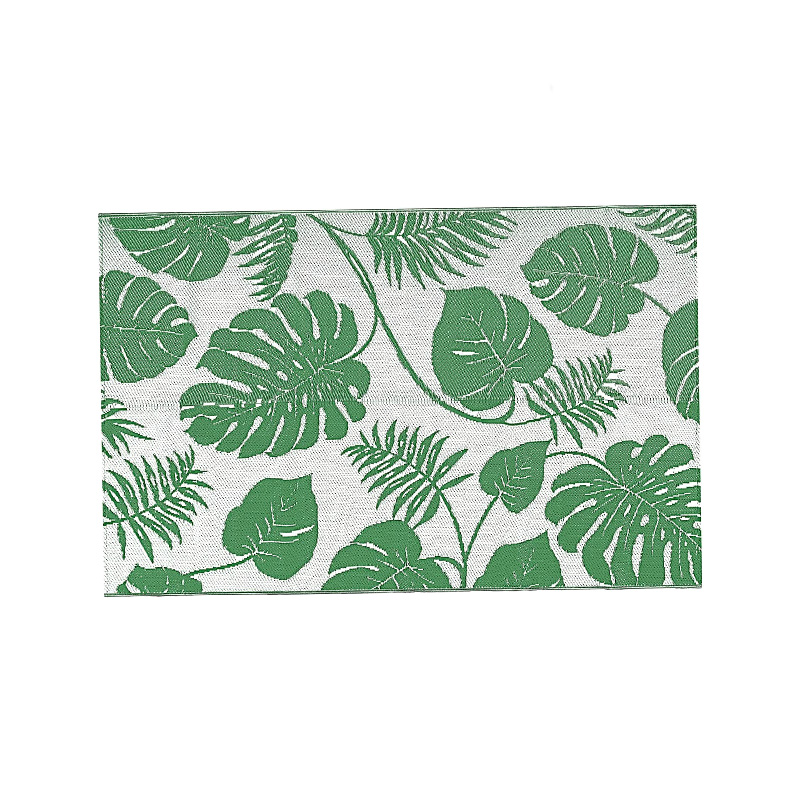
Durable Outdoor Polypropylene Mat For Patio
Features Reversible Outdoor Rug: The outdoor plastic straw rug with timeless medallion design is ele...
-
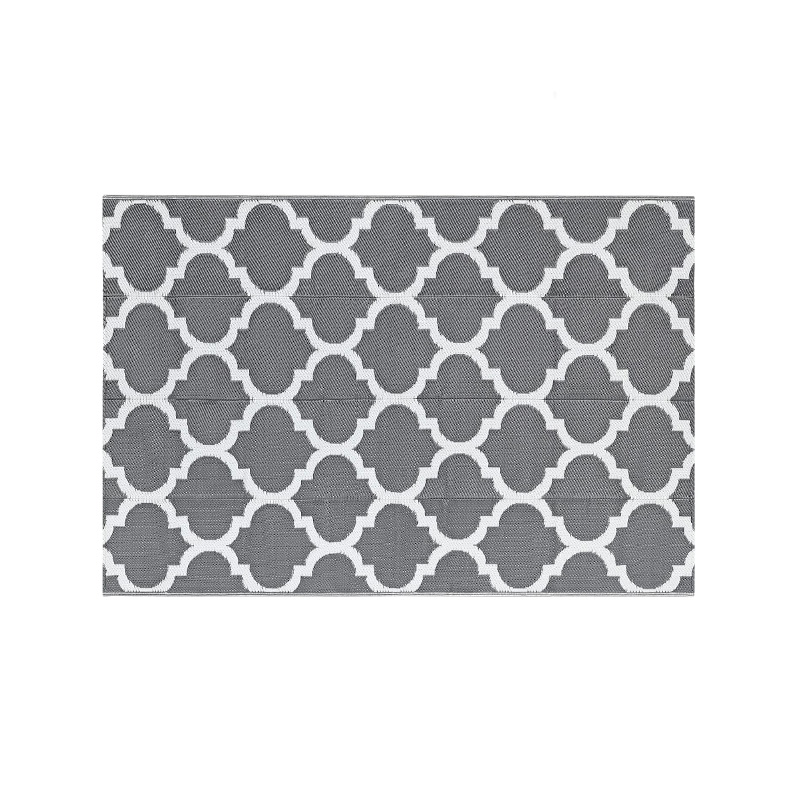
Recycled Plastic Straw Matting For Outside
Features Reversible Outdoor Rugs: It is easy to use on the patio, deck, beach, and backyard. This ou...
-
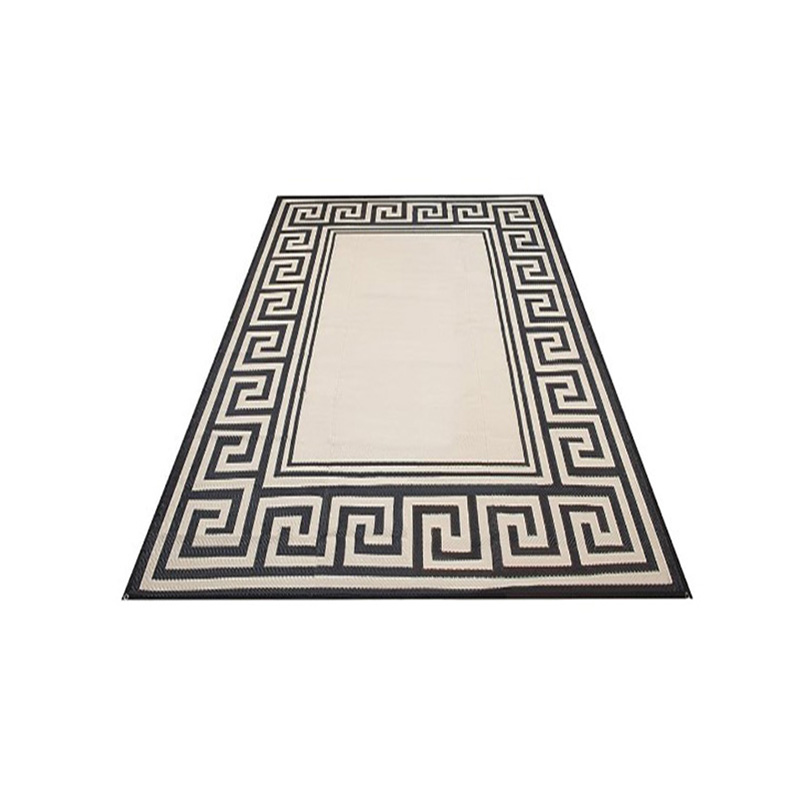
BSCI Audit PP Straw Camping Outdoor Rug
Description Introducing the BSCI Audit PP Straw Camping Outdoor Rug by AIYISI, an outdoor gear manuf...
-
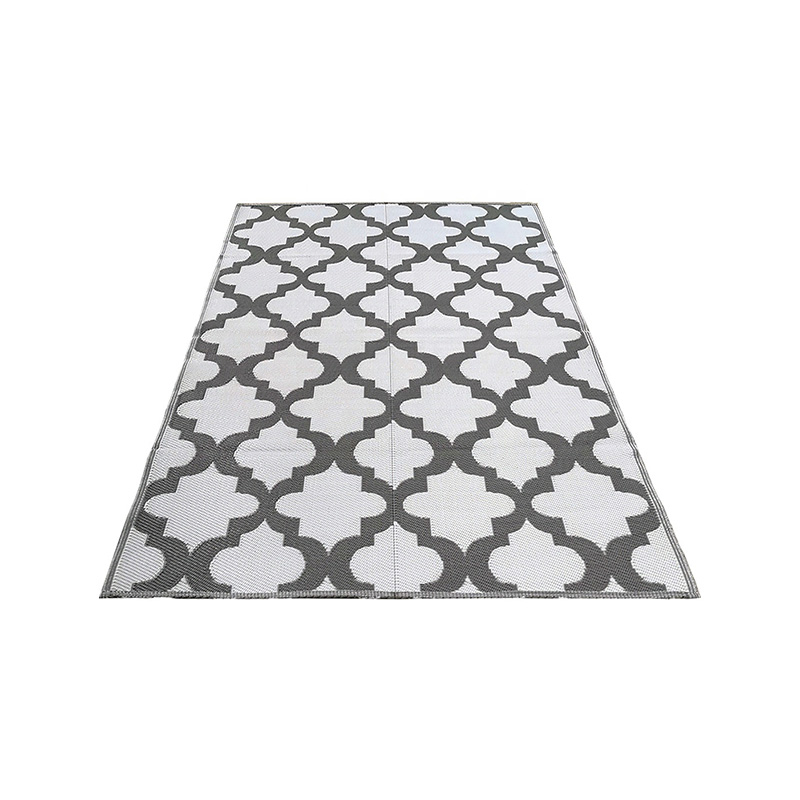
Plastic Matting Cheap PP Woven Recycled Campping Mats
Description At AIYISI, we take pride in offering high-quality outdoor products tailored to meet the ...

- FAX : 86-0576-83352177
- E-mail : [email protected]
- Phone : +86-0576-83207588
- Add: No.10 Yongan Road, Binhai industrial park, Sanmen County, Taizhou City, Zhejiang, China.


 English
English Deutsch
Deutsch

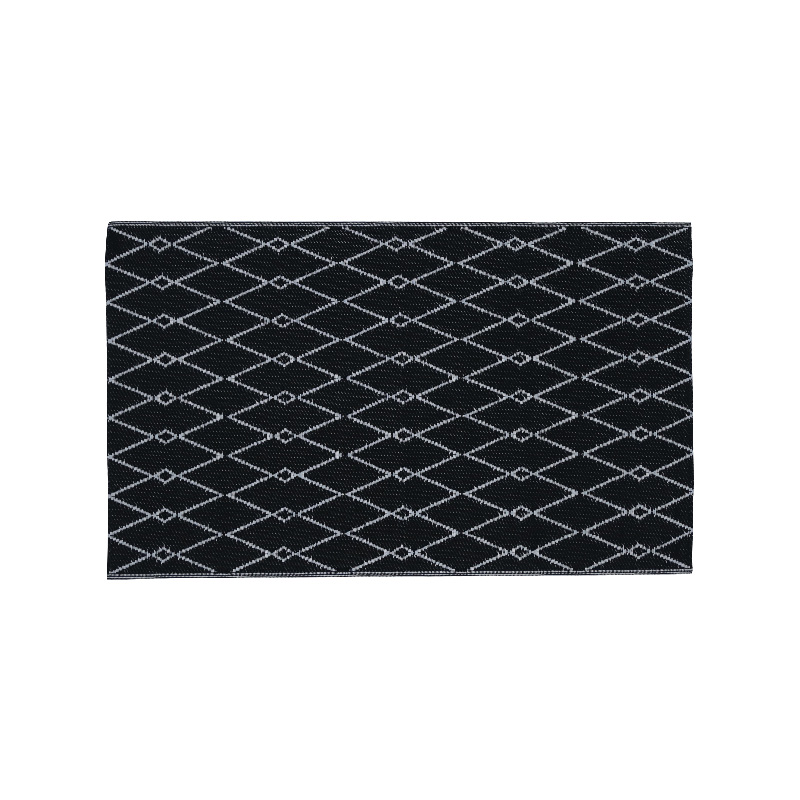

 Facebook
Facebook Youtube
Youtube Twitter
Twitter Instagram
Instagram